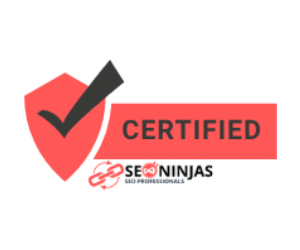Social media marketing has revolutionized how businesses connect with their audience, build brand awareness, and drive engagement. Leveraging the power of social media platforms effectively can significantly impact business success by reaching target demographics, fostering relationships, and generating leads.
1. Choosing the Right Platforms:
With numerous social media platforms available, businesses should identify which platforms align best with their target audience and marketing objectives. For instance, Facebook is versatile for various demographics, Instagram is visual-centric, LinkedIn targets professionals, and TikTok appeals to younger audiences. Tailor your strategy to prioritize platforms where your audience is most active.
2. Creating Compelling Content:
Engaging content is essential for capturing and retaining audience attention on social media. Develop a content calendar that includes a mix of posts, such as informative articles, visually appealing images, videos, polls, and user-generated content. Content should be relevant, authentic, and aligned with your brand voice to resonate with your audience effectively.
3. Building Relationships and Community:
Social media provides a platform for businesses to interact directly with their audience, fostering community and building relationships. Respond promptly to comments, messages, and mentions, and engage in meaningful conversations. Encourage user-generated content and testimonials to showcase authentic customer experiences and strengthen brand credibility.
4. Implementing Paid Advertising:
Social media advertising allows businesses to target specific demographics, interests, and behaviors with precision. Platforms like Facebook Ads, Instagram Ads, LinkedIn Ads, and Twitter Ads offer various ad formats, including carousel ads, video ads, and sponsored posts. Define clear objectives, set a budget, and monitor performance metrics to optimize ad campaigns for maximum ROI.
5. Harnessing Influencer Partnerships:
Collaborating with influencers who resonate with your target audience can amplify your brand’s reach and credibility on social media. Identify influencers whose values align with your brand and whose followers match your target demographics. Partnering with influencers for sponsored content, product reviews, or collaborations can generate buzz and drive engagement.
6. Analyzing Performance Metrics:
Monitor and analyze key performance indicators (KPIs) to measure the success of your social media marketing efforts. Track metrics such as engagement rate, reach, impressions, click-through rate (CTR), conversion rate, and return on ad spend (ROAS). Use analytics tools provided by social media platforms or third-party tools to gain insights into audience behavior and campaign effectiveness.
7. Evolving Strategy Based on Insights:
Regularly review performance data and audience feedback to refine and optimize your social media strategy. Experiment with different content formats, posting schedules, and ad targeting parameters to identify what resonates best with your audience. Stay updated on social media trends and algorithm changes to adapt your strategy proactively.
By implementing a strategic approach to social media marketing, businesses can enhance brand visibility, engage with their audience authentically, and drive meaningful business outcomes. With a focus on creating compelling content, building relationships, and leveraging data-driven insights, social media can become a powerful tool for driving business success in the digital age.





